Introduction of the Leeb Hardness Tester:
Leeb hardness testing is a widely adopted non-destructive testing method that measures the hardness of metals using a dynamic rebound technique. Developed to provide fast, portable, and reliable results, Leeb hardness testers are especially useful for testing large or immovable components in the field. Leeb hardness testers combine engineering precision with cutting-edge digital technology, making them ideal for a range of industries including construction, automotive, aerospace, and heavy machinery.
![]()
Market Size and Growth:
Global Market Overview:
The global market for hardness testing is experiencing substantial growth, driven by increased demand for non-destructive testing (NDT) in industries such as automotive, aerospace, energy, construction, and heavy engineering. According to recent industry reports, the global hardness testing market was valued at approximately USD 750 million in 2023 and is projected to exceed USD 1.1 billion by 2030, growing at a CAGR of 6–7%.
Among various methods, Leeb hardness testing is gaining traction due to its portability, rapid testing capabilities, and minimal surface preparation requirements. The rising trend toward digital inspection tools and smart quality assurance solutions is also contributing to the accelerated adoption of portable hardness testers.
![]()
Key growth factors worldwide:
- Shift toward in-field testing and on-site quality assurance.
- Increased investment in infrastructure, shipbuilding, and industrial machinery.
- Industry 4.0 integration with IoT-enabled testing devices.
- Emerging markets in Asia-Pacific, the Middle East, and Africa are showing rapid industrial growth.
Bangladesh Market Perspective:
In Bangladesh, the hardness testing equipment market is still evolving but showing promising growth. With an expanding manufacturing sector and an increasing emphasis on quality control in construction, power generation, and fabrication industries, the need for reliable and portable NDT solutions is rising.
The Leeb Hardness Tester is finding a foothold among:
- Steel and re-rolling mills.
- Shipyards and marine engineering
- Power plant maintenance teams.
- Government quality inspection
- Construction companies and structural audit teams.
Local demand drivers include:
- Rising construction of high-rise buildings, bridges, and infrastructure.
- Quality assurance mandates in public projects (HBRI, LGED, RHD, PWD, BBA, RAJUK, COUK, City corporation, Port etc.).
- Increasing awareness of international testing standards (ISO, ASTM, DIN).
![]()
Role of ICONIC ENGINEERING LTD in Leeb Hardness Testing:
As a technical distributor and service provider in Bangladesh, Iconic Engineering Ltd. offers Leeb hardness testing solutions from Proceq to clients across sectors. The company supports end users with device selection, training, calibration, and after-sales support.
Key contributions include:
- Importing and distributing the manufacturer’s original Leeb Hardness Testers.
- Organizing workshops and demo sessions on portable hardness testing.
- Providing calibration and maintenance services, project services aligned with global standards.
![]()
Contributing to Digital Bangladesh:
Iconic Engineering Ltd. is enabling digital transformation in material testing by promoting devices like Proceq’s Leeb testers that feature data logging, app connectivity, and cloud sharing. These tools support the Digital Bangladesh initiative through:
- Digital Reporting: Streamlined data collection and electronic test reporting.
- Real-Time Monitoring: Live result sharing for fast decision-making.
- Smart Integration: Compatibility with other quality control platforms and industrial databases.
Test Procedure for Leeb Hardness Testing:
- Surface Preparation: Clean and smooth the test surface to eliminate irregularities that may affect impact.
- Device Calibration: Calibrate the hardness tester against standard blocks to ensure measurement accuracy.
- Setup: Select the appropriate impact direction and load the impact body.
- Impact Test: Apply the Leeb hardness tester to the test surface and release the impact body to strike the material.
5. Data Collection: The rebound velocity is recorded, and the hardness value is automatically calculated and displayed.
![]()
- Multiple Readings: Conduct multiple measurements at different spots and average the results.
- Data Transfer: Export test data via USB or wireless connection for documentation and further analysis.
- Data Analysis and Report: After data transfer next step is to process the data by software analysis and make a report for delivery.
Workflow of Leeb Hardness Testing:
- Preparation: Identify testing zones and ensure proper surface condition.
- Calibration: Validate the device using certified hardness blocks.
- Testing: Conduct impacts and collect readings across key locations.
- Analysis: Compare measured values with material standards or design specifications.
- Reporting: Summarize test data, charts, and compliance assessments.
Outcome of Leeb Hardness Testing:
Leeb hardness testing provides immediate, non-destructive evaluation of material hardness. It is particularly useful for large or permanently installed metal parts where traditional benchtop testing is not feasible. Common outcomes include:
- Hardness values in HL, HRC, HB, HV, and others.
- Detection of surface treatment effectiveness.
- Quality control of welds and castings.
- Assessment of wear resistance in industrial components.
![]()
Advantages of Leeb Hardness Testing:
- Portable and easy to use in field conditions.
- Non-destructive, preserving structural integrity.
- Quick results for real-time decision-making.
- Applicable to a wide range of metals and alloys.
- Supports multiple international hardness
- Ideal for large or fixed structures.
![]()
Future Scope of Leeb Hardness Testing:
- AI-Based Analysis: Machine learning will enhance interpretation of test data and trend analysis.
- Integration with Inspection Software: Real-time syncing with factory ERP and QA systems.
- Enhanced Durability: Future devices will feature rugged designs for harsh environments.
- Broader Material Compatibility: Expansion to newer alloys and composite materials.
Conclusion:
Leeb hardness testers offer a practical, fast, and non-destructive solution for evaluating material strength in a variety of industries. Leeb Hardness Tester stand out with precision engineering, ease of use, and smart connectivity features. In Bangladesh, Iconic Engineering Ltd. brings these global technologies to local users, contributing to enhanced industrial quality assurance and supporting the vision of Digital Bangladesh through modernized, tech-driven testing solutions.
